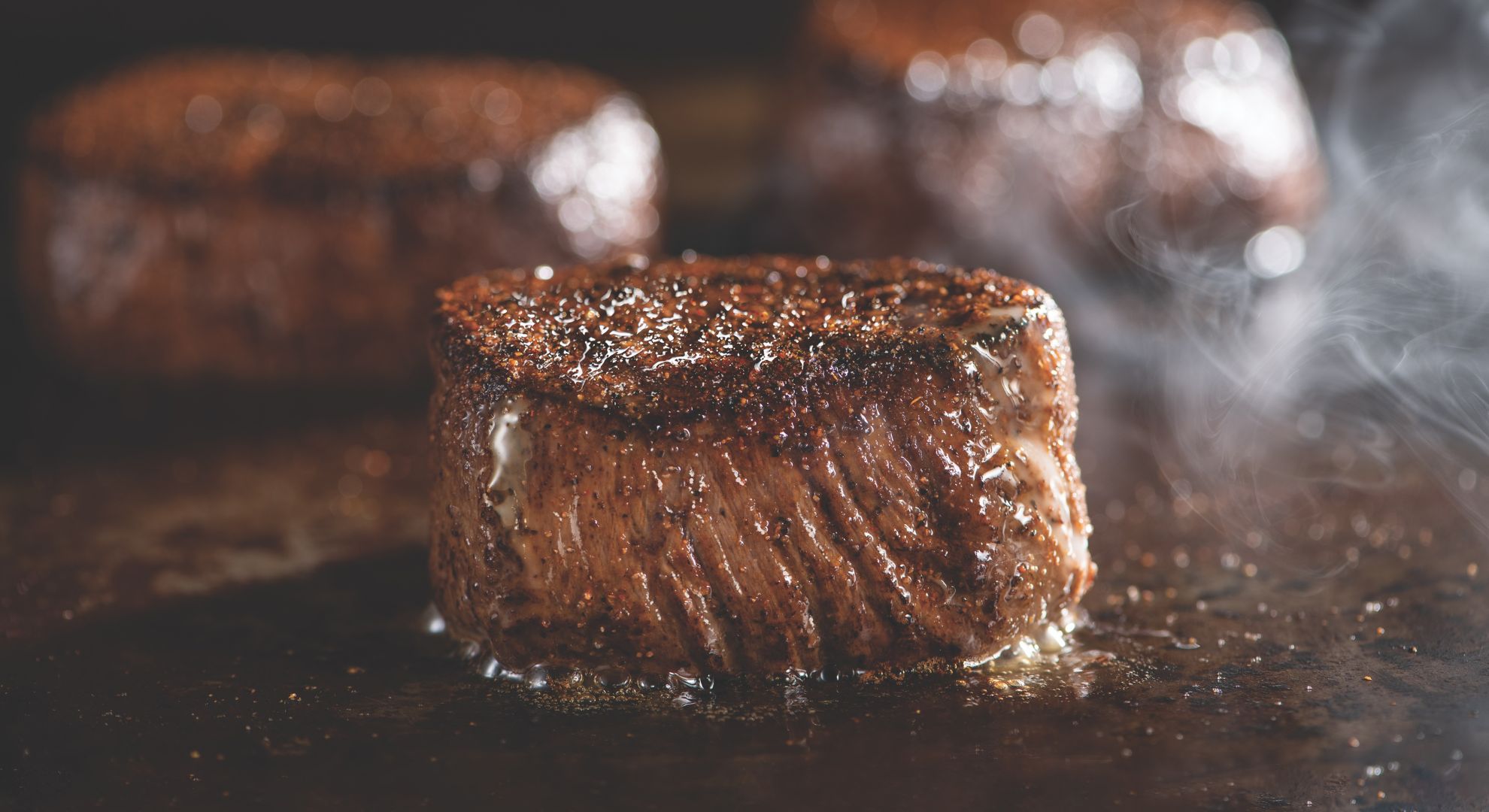
With more than seven million followers, Jamie Oliver retains the crown as the most popular chef on Twitter.
Oliver, who boasts a food and media empire that spans cookbooks, magazines, TV shows, restaurants and homeware, edges out fellow British chef and media mogul Gordon Ramsay, who trails behind his younger compatriot at 6.54 million followers.
The latest figures were released at a conference on Twitter and gastronomy, organized in one of the culinary capitals of the world, at a historic restaurant that has served Victor Hugo, and claims to have invented sauce Mornay, a Béchamel sauce with Gruyère or Emmental cheese: Le Grand Véfour in Paris.
A look at the remaining top food personalities on Twitter is also revelatory about the most powerful and influential food personalities on the micro-blogging platform.
After Oliver and Ramsay, a large margin separates the third most popular Twitter chef, Mario Batali, who has 1.82 million followers, and Rick Bayless (1.02 million followers), best known for his traditional Mexican Frontera restaurants across the United States.
All four food personalities are English-speaking media giants whose soaring popularity among the wider public can be traced more to their TV appearances than to their restaurant empires.
Meanwhile, the most popular food personalities use Twitter differently: Oliver uses Twitter mostly to share recipe ideas, while Ramsay fans regularly share photos of the meals they’ve cooked, looking for a good old-fashioned Ramsay roasting from the acid-tongued critic.
All chefs are highly active on Twitter and engage regularly with their followers with the exception of Batali, who has largely been silent following allegations of sexual harassment.
Over at Le Grand Véfour, Chef Guy Martin spoke about his use of the modern-day messaging medium within the grandiose milieu of an 18th century restaurant, where Victor Hugo regularly dined on noodles, lamb and white beans.
On Twitter, Martin is one of the most followed chefs in France with 171,000 followers. He is preceded by the late Paul Bocuse (307,000 followers), Cyril Lignac (285,000), Christian LeSquer (257,000) and Pierre Gagnaire (245,000).
Before social media platforms like Twitter, there was very little communication between chefs, customers and fellow chef friends, Martin said.
Moreover, he also pointed out that Twitter cuts out the middle man and allows chefs to control their messaging.
“Twitter gives us more visibility, allows us to transmit the message ourselves without having to go through journalists and the media,” he said in French. “We can establish a direct connection with our clients, and with other chefs.”
And while customer feedback is important, he stressed that the overriding influence on his cooking remains seasonal ingredients, rather than trends. JB
RELATED STORIES:
Korean tourism banks on PyeongChang Olympics to boost popularity of K-food
Average British dinner lasts 21 minutes – survey











































